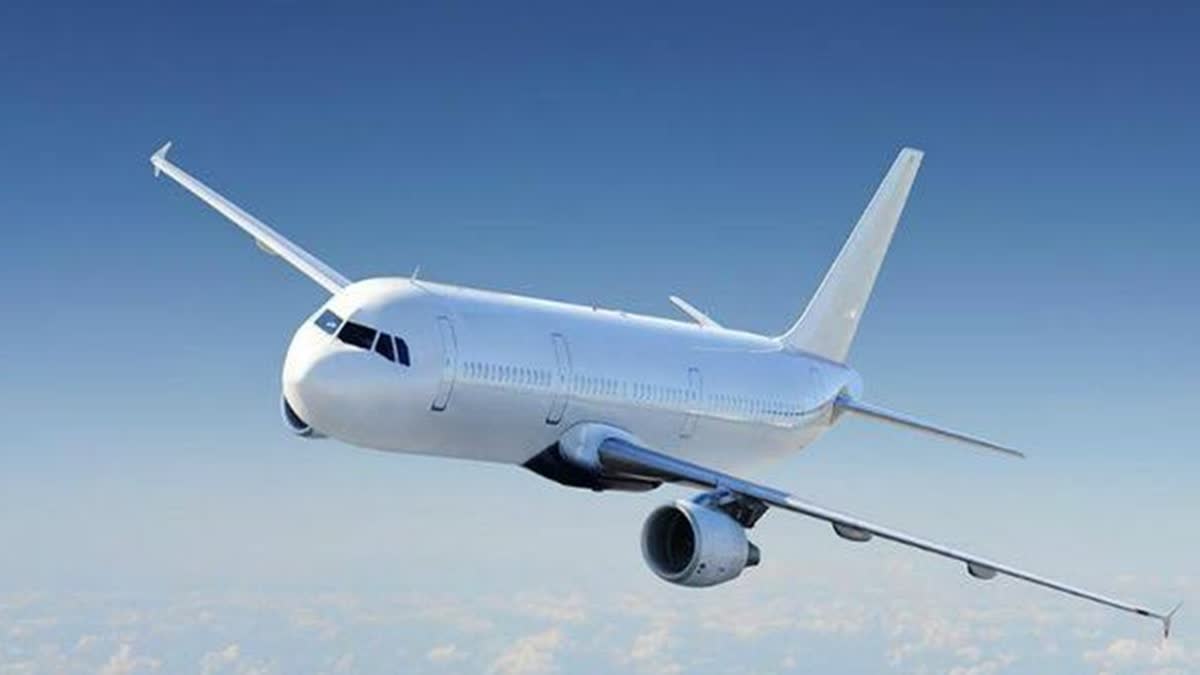Mumbai: Following the directions by the Airports Authority of India (AAI), authorities at the Mumbai airport are canceling 30 flights a day till March this year in a bid to minimize air space congestion, sources said. It is learnt that the Mumbai airport, which handles 1000 flights a day, is scuttling 30 flights a day which will continue till March. Sources said that the move comes after the AAI directives to the airport in the wake of increase in fuel cost due to a jump in air traffic of late.
With the lifting of travel restrictions post pandemic, airports have witnessed a considerable increase in air traffic and airspace congestion. Mumbai Airport, being one of the busiest airports in the country, suffers from congestion and excess capacity on its runways, which inadvertently leads to airspace congestion, whereby flights are forced to hover over the city for a long duration of around 40-60 minutes.
Considering that an aircraft on an average consumes 2000 kg of fuel per hour, such long duration circling time, causes significant wastage of fuel for the aircrafts ranging from 1.7 kilolitres of jet fuel (approx. costing around Rs 1.8 Lakh) for a 40 minutes circling time in air to around 2.5 Kilolitres of jet fuel (approx. costing around Rs. 2.6 lakhs) for a 60 minute circling time as per sources. Such increase in fuel cost would eventually be borne by the consumers. This also has a cascading effect on the efficiency of airports operations leading to a longer wait time, inordinate delays, affecting both passengers and airlines adversely.
In order to remedy such airspace congestion, an analysis was conducted by Airport Authority of India, which found that air traffic permitted per hour during the 6 hours of High Intensity Runway Operations (HIRO i.e. from 0800 hrs. to 1100 hrs. & 1700 to 2000 hrs) was almost equivalent to air traffic permitted per hour during the remaining 18 hours of the day. In addition to the above slots, General Aviation and Military Aircraft operations were also allowed without any restrictions, sources said.
Besides, owing to the presence of transverse runways, operation of non-scheduled flights further increases air traffic congestion during peak hours. While Mumbai Airport is running at its full capacity, it was found that the persistent congestion was caused due to excessive slot distribution with limited time margins on behalf of the airport operator, non-adherence of the slots on behalf of the airlines, and non-scheduled operations during peak hours.
The Airport Operator being the slot provider as well as the manager of slots to the airlines should have proactively taken steps to streamline and regulate the air traffic movements, to resolve this problem. However since, no such action was initiated in this regard, the Ministry of Civil Aviation had to step in. Airport Authority of India, being the Air Navigation Service Provider, issued directives to the airport operator in the form of Notice to AirMen (NOTAMs) on January 2, 2024, which restricted the air traffic movements (ATM) during HIRO (i.e. from 0800 hrs- 1100 hrs., 1700 - 2000 hrs & 2115 hrs -2315 hrs) period from 46 to 44 per hour and in non-HIRO period from 44 to 42 period.



